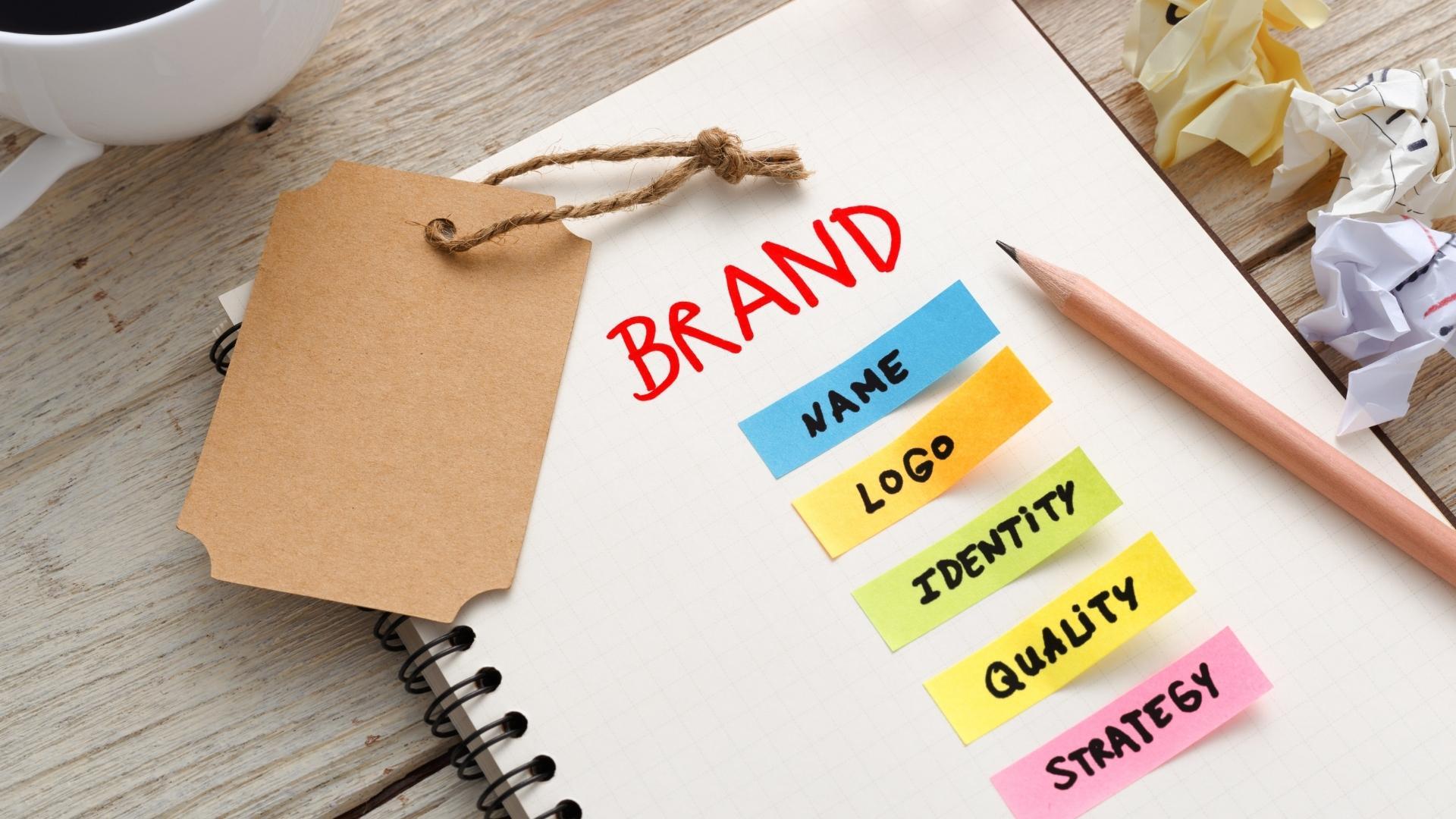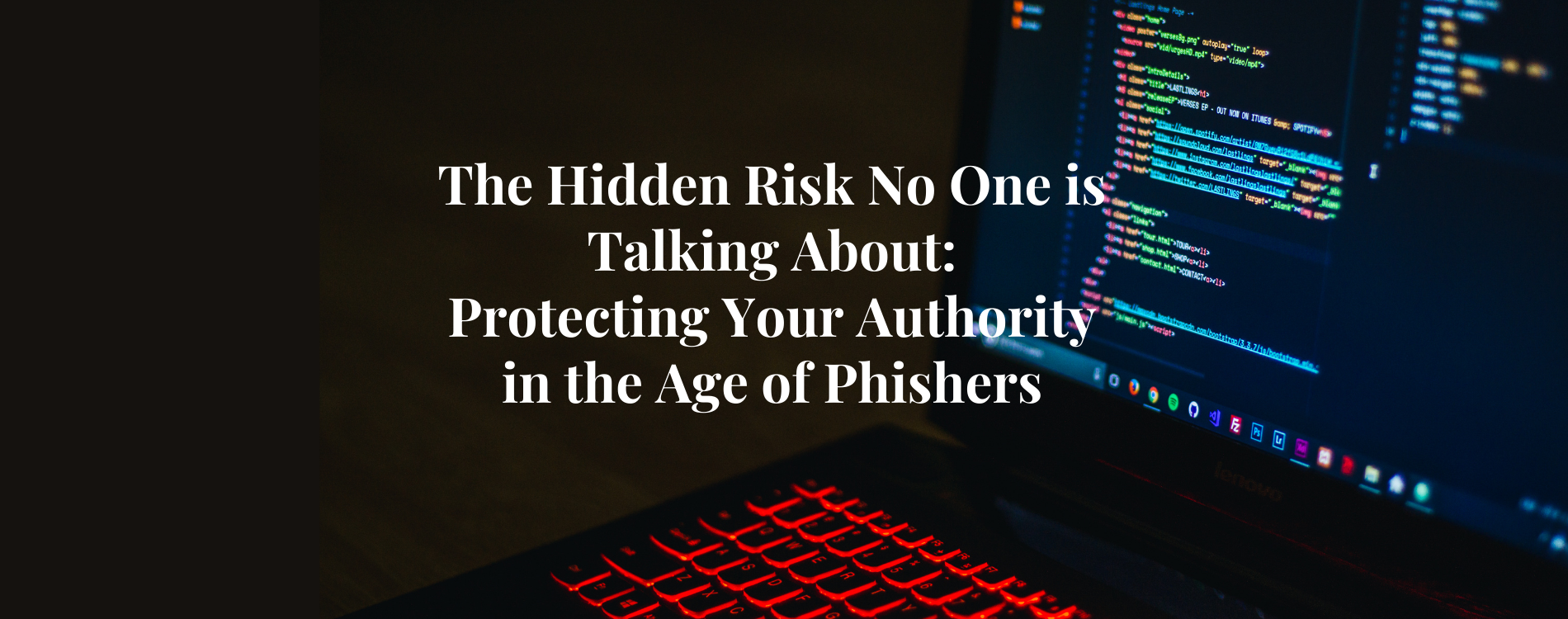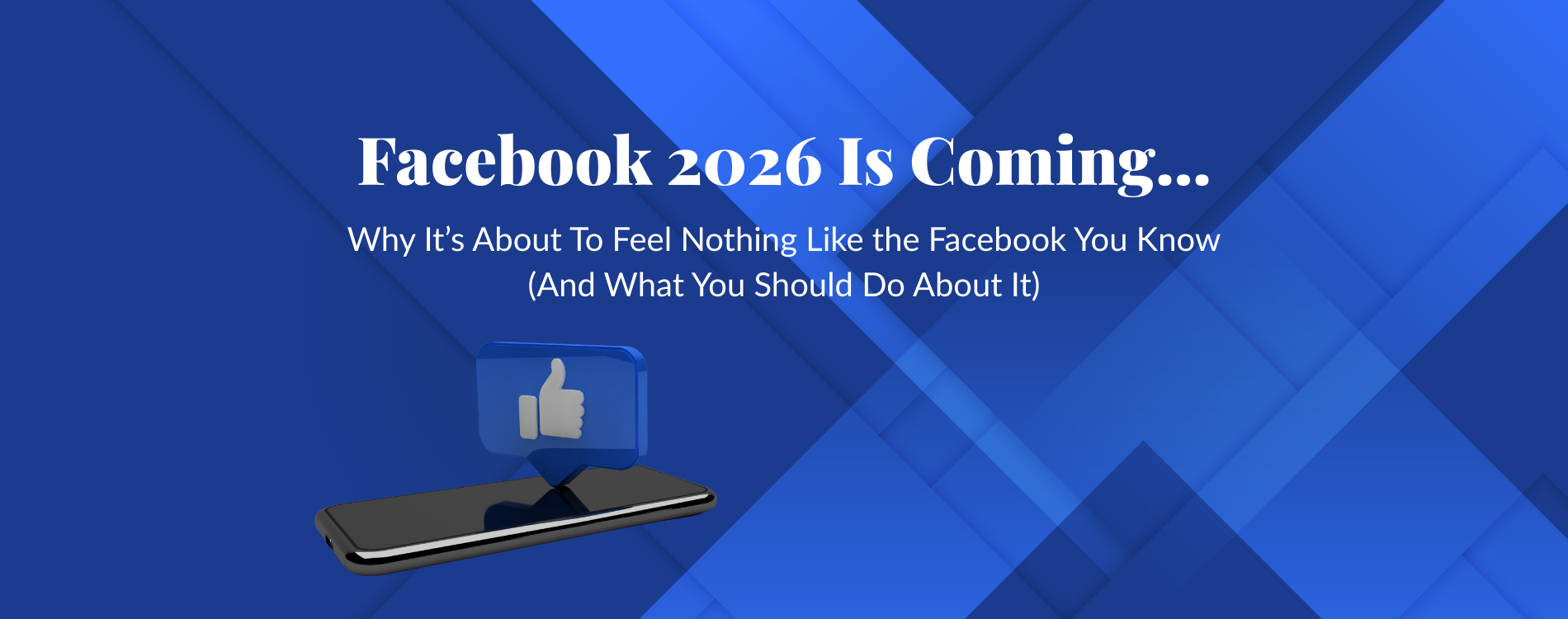4 Reasons Brand Consistency is very important for Business
When it comes to building customer loyalty with digital marketing, consistency is key. Find out why…

There’s a saying in real estate: the three most important things in a property are location, location, location.
When it comes to managing a brand, you could say the three most important things are consistency, consistency, consistency.
I take consistency very seriously when I am working with a brand — for good reason. Did you know that 71% of buyers are more likely to buy from a brand they recognize?
Think about the brands that you know and trust, some you may even love. You can easily recognize their ads without even having to see their logo or hear their business name.
Having brand consistency goes beyond the look of your materials, although design is important. Your brand identity consists of your mission, vision, logo, color choice, aesthetic, messaging, tone and your values.
Your brand identity should guide everything your brand does. Brand consistency extends to your website, social media, ads, blogs and all other marketing collateral.
Below are the top four reasons for why I am so passionate about brand consistency when designing and building your website, when doing your SEO, and when helping you with social media.
1. Consistency builds trust with your audience.
When you are consistent in your branding, you are able to build a relationship with your customer. Your consumers know who you are and what they can expect from you. You become credible.
This is important because a 2019 study showed that 81% of consumers say they want to have trust in the brands they buy from. And 83% say that their loyalty toward a brand is driven by trust.
When I talk about brand consistency, it’s not just about repeating catchy taglines or ensuring that your logo is used properly.
To really nail this concept, you have to take a big-picture perspective. It’s about building an authentic identity that you consistently reinforce through each interaction with your customer.
Imagine you heard an ad about a new salon that had a modern, cool vibe and promised the newest beauty treatments. You excitedly go online only to find an outdated website that’s hard to navigate and has a dull, lifeless look. And the copy isn’t even remotely modern or dynamic. You also find that the services they offer are ones your mother or grandmother would be interested in, with nothing offered that you would classify as “modern” or having a “cool vibe”.
You walk away from the experience thinking that the brand has zero credibility and no sense of identity.
A sudden lack of consistency can also damage the trust you have developed with an audience.
Think of one of your favorite brands. You may follow those brands on social media and pay attention when you see their posts.
If that brand were to completely change its messaging or look on its next campaign, you would likely notice. You would wonder what was happening to the brand and if you could still depend on its products or services.
You don’t have to look far to find examples of brands who have made the mistake of abandoning their beloved brand identity and doing something totally inconsistent.
Some cautionary tales spring to mind, like the time industry leader Coca-Cola tried a major reinvention in the 80s — remember New Coke?
Or consider what happened in 2012 when JCPenney launched its third rebranding campaign in three years.
The brand that had attracted loyalty for its mega-sales and doorbuster deals suddenly said it would no longer run any promotions or offer any coupons. Instead it would offer low prices with special value pricing on specific days of the month.
Consumers found the new branding confusing and, worse than that, ads poked fun at the loyal customers who liked clipping coupons.
The company quickly experienced backlash from its core customers and publicly announced that the campaign was a mistake.
2. Consistency makes you memorable.
You think about your brand a lot. Your potential customers do not.
There is a lot of competition for consumer attention. They need to see consistent messaging regularly to understand and consider your brand.
When it feels like you have repeated your brand messaging enough to sound like a broken record, you are actually just approaching the point where your messages are starting to stick!
Studies show that it takes 5-7 impressions for a potential customer to remember a brand.
People naturally look for patterns and predictability. When you deliver your brand in a consistent way, you help people to remember your brand and absorb your messages.
Once your brand is familiar, your audience will be more receptive to hearing about the benefits of your brands. If your messaging resonates, they are likely to become customers.
3. Consistency allows for growth and expansion.
You may think that being consistent means that your brand can’t ever change or evolve. The opposite is actually true.
However, it is important that your growth be consistent with your brand identity.
For example, consider a brand that specializes in sustainable building materials for homes. They have established a consistent brand message with a distinctive “nature-inspired” look that communicates their values of being eco-friendly, high-quality and socially conscious.
If this brand wanted to expand to selling a line of nature-inspired interior décor using sustainable fabrics and other materials, they could do so in a credible way that was consistent with their brand.
The loyalty and trust that customers have toward the existing nature-inspired brand could easily transfer to the expanded offerings.
But if the same brand chose to start making microwavable meals packaged in non-recyclable plastics, they could definitely expect some backlash. Loyal customers would rightfully question the authenticity of the brand and the brand’s motives for the expansion.
Colgate made exactly this mistake when the popular toothpaste brand decided to launch a line of frozen entrees in the 1980s. Needless to say, the new product did not last long.
As long as your brand is growing in a way that is consistent with your identity, you will find a positive response from most loyal customers.
4. Consistency increases your brand’s profitability.
Presenting your brand consistently across all platforms has been shown to potentially increase revenues by 23%.
It’s not difficult to see why that would be the case with all of the benefits of brand consistency.
When you have consistency, you aren’t wasting time and money on marketing that has zero (or even a negative) impact. Your communications are focused and are all supporting a cohesive brand identity.
Your customers also become your advocate, and they will gladly recommend your brand to others.
That is where all kinds of magic can happen because you will have established a reputation as a dependable brand that people seek out. That loyalty will continue to grow as long as you maintain this consistency.
Bottom line
Brand consistency can be the deciding factor on whether your business flourishes or flops.
Your website is one of the most important tools you have for building brand consistency. It’s often where potential clients form their first impression of your brand.
At BizBolster, we help Thought Leaders amplify their authority with strategic, on-brand websites that attract and convert their ideal clients. We go beyond web design—we craft digital platforms that reflect your expertise, elevate your brand, and position you as the go-to expert in your industry. Through custom branding, messaging, and website development, we ensure your online presence works for you, not against you—so you can show up with confidence and grow your business.
Schedule a FREE CONSULTATION today if you would like to discuss options.
Resources:
https://blog.accessdevelopment.com/the-ultimate-collection-of-loyalty-statistics
https://www.forbes.com/sites/marketshare/2012/06/15/jc-penneys-epic-rebranding-fail/
https://www.smallbizgenius.net/by-the-numbers/branding-statistics/#gref
http://that401ksite.com/2017/02/17/what-were-they-thinking-6-colgate-kitchen-entrees/
https://www.smallbizgenius.net/by-the-numbers/branding-statistics/#gref





